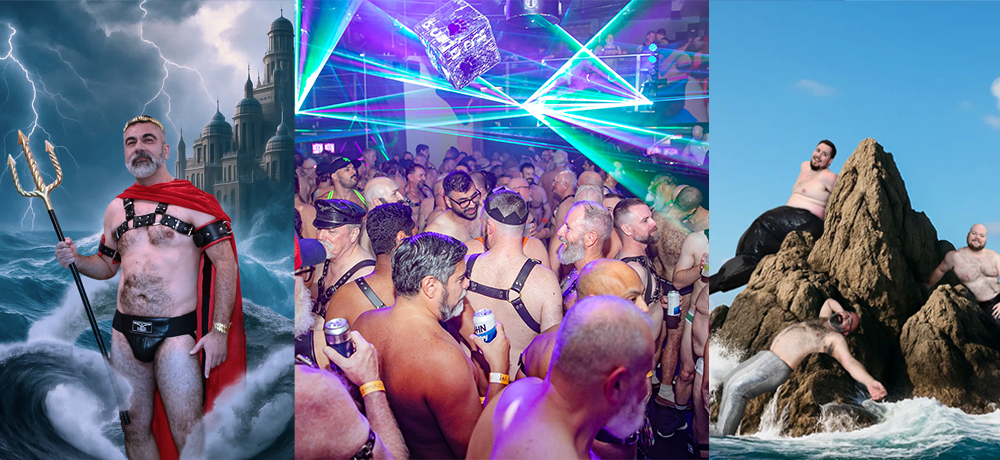
Early use of ‘gay’ revealed
A new official history of the UK’s MI5 spy agency has revealed an early use of the word ‘gay’ to describe the GLBT community.
The book, The Defence of the Realm: The Authorised History of MI5 by Christopher Andrew, includes a letter from a former leader of the British Liberal Party, Jeremy Thorpe, written to a lover after a trip to San Francisco in 1961.
“How I adored SF,” Thorpe wrote.
“SF has everything and certainly is about the one city where a gay person can let down his defences and feel free and unhunted.
“If I’m ever driven out of public life in Britain for a gay scandal then I shall settle in SF!”
Thorpe, twice married, was an MP in the House of Commons from 1967, but lost his seat in 1979 when he was tried and acquitted of involvement in the attempted murder of a man who had claimed to be his lover.
Australian historian Graham Willett told the Star the word’s use to describe the community dates from the adoption of the slogan ‘Gay is good’ by American GLBT activists in the late 1960s.
“What is striking is that Thorpe picks it up in San Francisco, already at that stage rapidly becoming the capital city of the gay world. ‘Gay’ is certainly an American term until the early 1970s,” Willett said.
Robert French of the Pride History Group said the letter was one of the earliest uses of the word outside the US, where examples could be found dating back to the 1930s.
“[In Australia] the term ‘gay’ began to receive wide acceptance after the formation of Sydney Gay Liberation in early 1972.”
‘Gay’ became a euph-emism for bawdiness from the late 19th century but evolved in the early 20th century to refer to both homosexuals and lesbians.
Following the Stonewall Riots it was used politically to refer to homosexuals, lesbians, bisexuals and transgender persons collectively by groups such as the Gay Liberation Front.
Some lesbians later came to feel that the movement was too male-dominated and ‘gay and lesbian’ came into use.
Other groups then felt unrepresented, so initials for these were added, resulting in the ‘GLBT’ in common use today.









